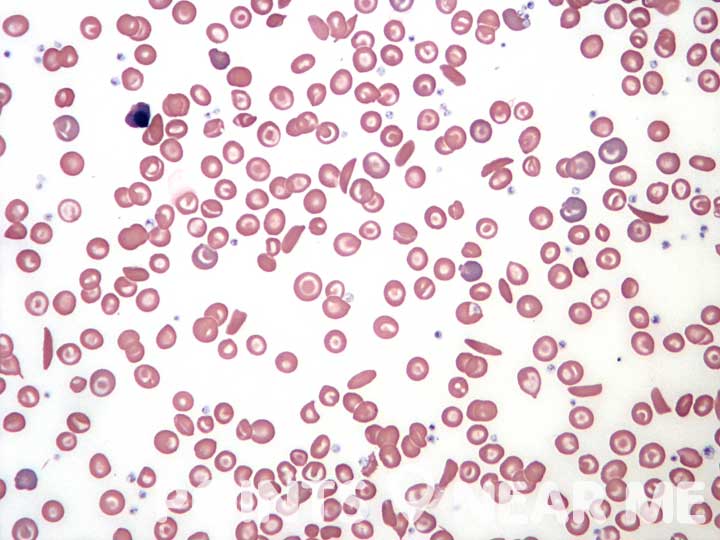Hematologist Near Me Now
If you’re someone suffering from a blood disease or cancers such as iron-deficiency anemia, hemophilia, sickle cell disease, leukemia or lymphoma, you’ll need to see a trained hemotologist. A hematologist is a highly skilled physician who is trained in hematology- the study of blood-and often times oncology- the study of cancer. Unlike a traditional family physician, a hematologist is well versed in diagnosing and treating a variety of blood related disorders.
Are you interested in finding a hematologist in your local area? Simply browse hematologist near me now on the map below and find a list of qualified physicians in your local area. Need a bit more information on hematology? Read on for facts, trivia, and more. You’ll know everything you need to know in order to make a sound decision.
Hematologist Near Me Now – Find it on the Map
Hematologist Near Me Now – Hematologist Trivia
What is a hematologist?
A hematologist is a physician who is trained in hematology, the study of blood. Many are also trained in oncology- the study of cancer. They specialize in the diagnosis, treatment, and prevention of all disorders that may affect the blood or the bone marrow. Similarly they focus on the immunologic, hemostatic, and vascular systems. Some ailments treated by a hematologist include:
-Sickle-cell disease
-Iron-deficiency anemia
-Hemophilia
-Leukemia
-Lymphoma
Hematologists generally work in a variety of settings, including blood banks, pathology laboratories and even private clinics. Specialists working in this branch of medicine can choose to focus on very specific topics within the field of hematology. Some will choose to focus on the lymphatic organs while others may choose to specialize in bone marrow or diagnosing blood count irreculatirites. The type of hematologist you will see is dependent upon your exact condition and the severity of your symptoms. While a general hematologist is a great place to start, searching hematologist near me now may point you in the direction of a specialist that is better suited at treating and diagnosing your condition.

A hematologist is well versed in diagnosing and treating a variety of blood disorders.
What type of training do hematologists receive?
Anyone seeking a career in hematology will have to start by receiving a four year medical degree. After this, they will need to follow up with three or four more years in a residency or internship program. These programs are often very rigorous and competitive, often times, only the best students make it until the very end. After the completion of these internships or residencies, students will expand their knowledge by spending another two or three more years learning how to properly experiment, diagnose, and treat a variety of complex blood disorders. They will receive hands on experience that will prove invaluable when dealing with complicated cases. When a candidate completes every step of training they will then go into the field on their own. Most job openings focus on hands on experience and a recognized training program that focused on: abnormalities in formation of the blood, diagnosing numerous blood related conditions or cancers, and proper are and treatment of patients with blood disorders. If you’re searching hematologist near me now, you can rest assured that every doctor you come into contact with has been highly trained in the field.
Hematologist Near Me Now – Hematologist Facts
Anemia
One of the most routine conditions that a hematologists treats is anemia. Anemia is generally diagnosed through a routine blood test. Often times, the test is ordered after a patient complains of symptoms such as fatigue or paleness. If the test reveals a very low number of red blood cells, the patient is diagnosed with some type of anemia. Depending on the symptoms a patient encounters and the severity of those anemia symptoms, a primary care doctor will likely run many types of tests to determine the exact type of anemia that is being experienced. At this point, the patient will often be referred to a hematologist for further treatment. Anemia is the most common type of blood disorder around the world. The most common type of anemia is iron-deficiency anemia. Other types of anemia include:
-Hemolytic anemia
-Sickle cell anemia
-Aplastic anemia
Symptoms will vary between each type of anemia, meaning you cannot self diagnose and will need to see a hematologist. If you’re searching hematologist near me now because you suspect you have anemia, go to your appointment prepared to go over your symptoms and the length of time in which you’ve been experiencing them.
Not Everyone Needs A Hematologist
While many blood disorders will require the help of a specialist, not everyone with a blood disorder will need to undergo the care of a hematologist. If you are having symptoms of a blood disorder, the best place to start is with your primary doctor. Generally, your primary doctor will run a gamut of early blood tests. These blood tests will help to pinpoint your exact condition and any specialists you may need to see. If you are anemic, but you’ve also noticed blood in your stools, your primary care doctor will likely send you to a gastroenterologist instead of a hematologist. This is so you can complete a workup that may include a colonoscopy and test for bleeding in the colon. In this case, the source of anemia is likely from the digestive tract, and a hematologist is not needed. If you are experiencing any kind of symptoms, always consult your primary care doctor at once. They will get the ball rolling in terms of diagnosing your condition. If you suspect you need a hematologist, search hematologist near me now and find results in your area.












